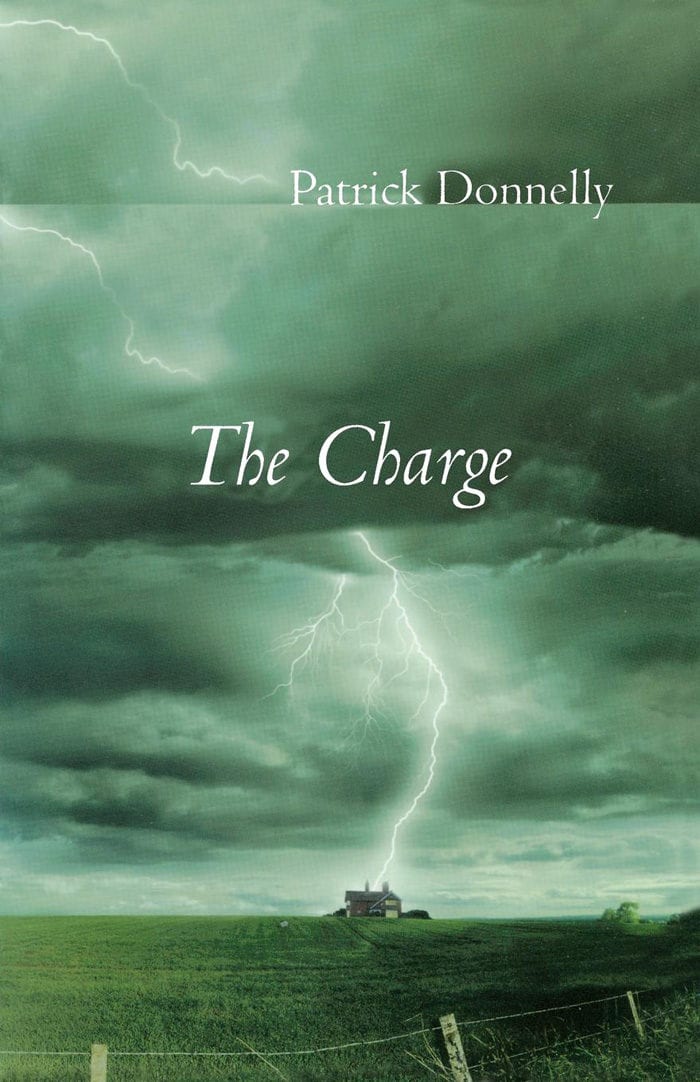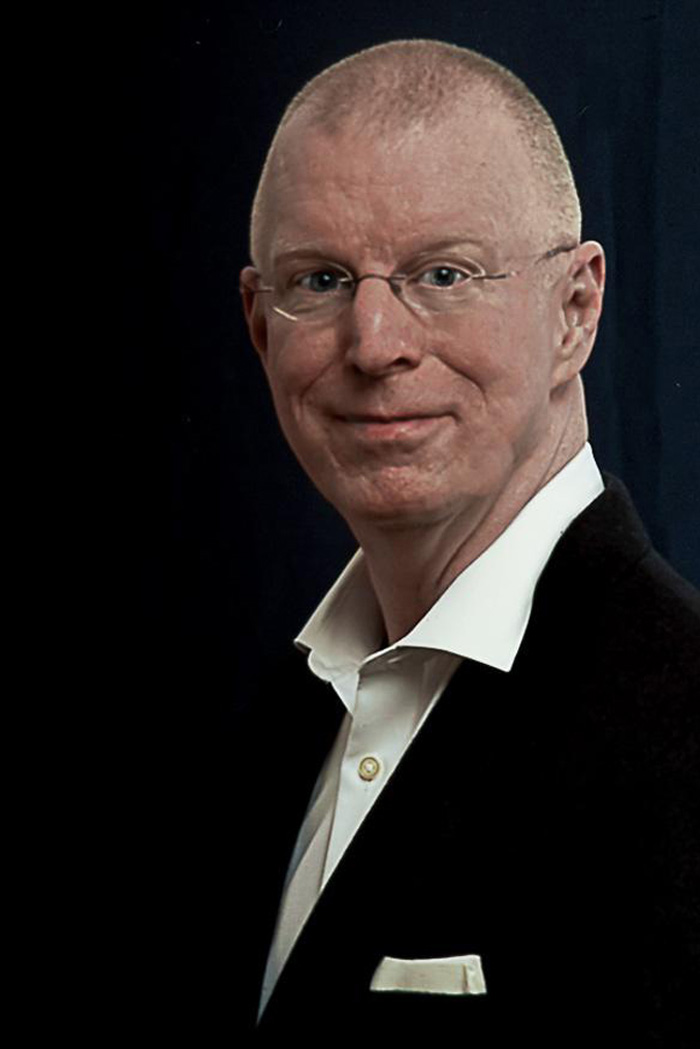
These intense and pristine lyrics by a poet living in the age of AIDS are surprising in their range of expression. Even while Donnelly takes his subject head-on without a shred of sentimentality or self-pity, this is not a dark book. His spiritual questioning deals not only with the fact of death, but also with the redemptive power of human love and the uplifting small joys of daily life.
ISBN: 9781931337069
Format: Paperback
ISBN: 9781931337151
Format: Hardcover
Young Man Reading Colette on the Train
You hold my gaze a little too long,
your hair cut short like a boy’s,
your fine little glasses,
at your ear, glint of gold,
in your cheek, a slight shade of wasting:
This is to say I see you, I know you,
I am alert to your potential, to ours,
on this train, on every train,
on the platform, on the stairs to the street,
on the dim threshold, in the elevator
stopped between floors, in its flickering lights,
then in that dark opening, if we are spared,
where I may find my way
to you, graceful ghost of a chance.
Reviews
“In this ambitious first collection of poems, Patrick Donnelly asks questions for which there are no answers… Here he announces how refreshingly ‘wide open’ he has made himself in these poems, how open to criticism and agreement and defamation, and from this openness he instructs us to take what we want, as from a lover now dead, to choose among sentiment over deaths from AIDS, from prayers, from anger, to take what we need to live our lives a little better and more easily, whatever that might be.” —Anna Ziegler, Saint Ann’s Review
“When the political forces and literary establishment attempt to divide us, segregating us into different aisles of the bookstore, making sure we don’t talk to one another, it is grand to find a writer who can speak about the riddles of life that transcend political and social boundaries… [Donnelly] will not let us segregate or disengage ourselves. He asks in these elegiac poems to life that we begin to experience life as a gift. His book will bring joy back to our eyes. Take his arm and enjoy what he shows you. Listen to him because we can no longer do otherwise.” —Animus
“Patrick Donnelly’s book gives us an author who is wry, impulsive, rakish, and personable, offering us snippets of city life that overflow with longing, vitality and pain… The poet is not just some rueful roué, but something more complicated and human. Caught between God and God’s creation, he is the anchorite who never completely turns his back on this world, the angelic sybarite who never quite quits his conversation with God.” —Lee Rossi, 88: A Journal of Contemporary Poetry
“Such a complete and nuanced rendering of the many emotional connections we can have to a place, and how they become inseparable from each other, is a rare achievement… He has shown us a flawed and unjust world, but not before revealing the blessings that we can know in spite of those flaws, if not because of them.” —Thomas March, Lambda Book Report
“Patrick Donnelly’s amazing book The Charge has something to do with electricity, with the intensity of lucid, urgent speech lighting up parts of our hearts and brains as poems are supposed to do, but it also has to do with a charge Donnelly has been given: a spiritual mission. This charge is to bear testimony to the realities, tensions, and intensities of living in his particular world and knowing that world must be transformed in order to reveal its spiritual significance… Donnelly writes of Eros and AIDS, grief and rage—and everything he writes is suffused with tenderness and intelligence, lucidity and courage. It is a book full of psalms of gratitude, and it is also a book bursting with prayers, many of them anguished. Are they answered? They are, as the best poems must be, their own answer, the answer of love.” —Gregory Orr
